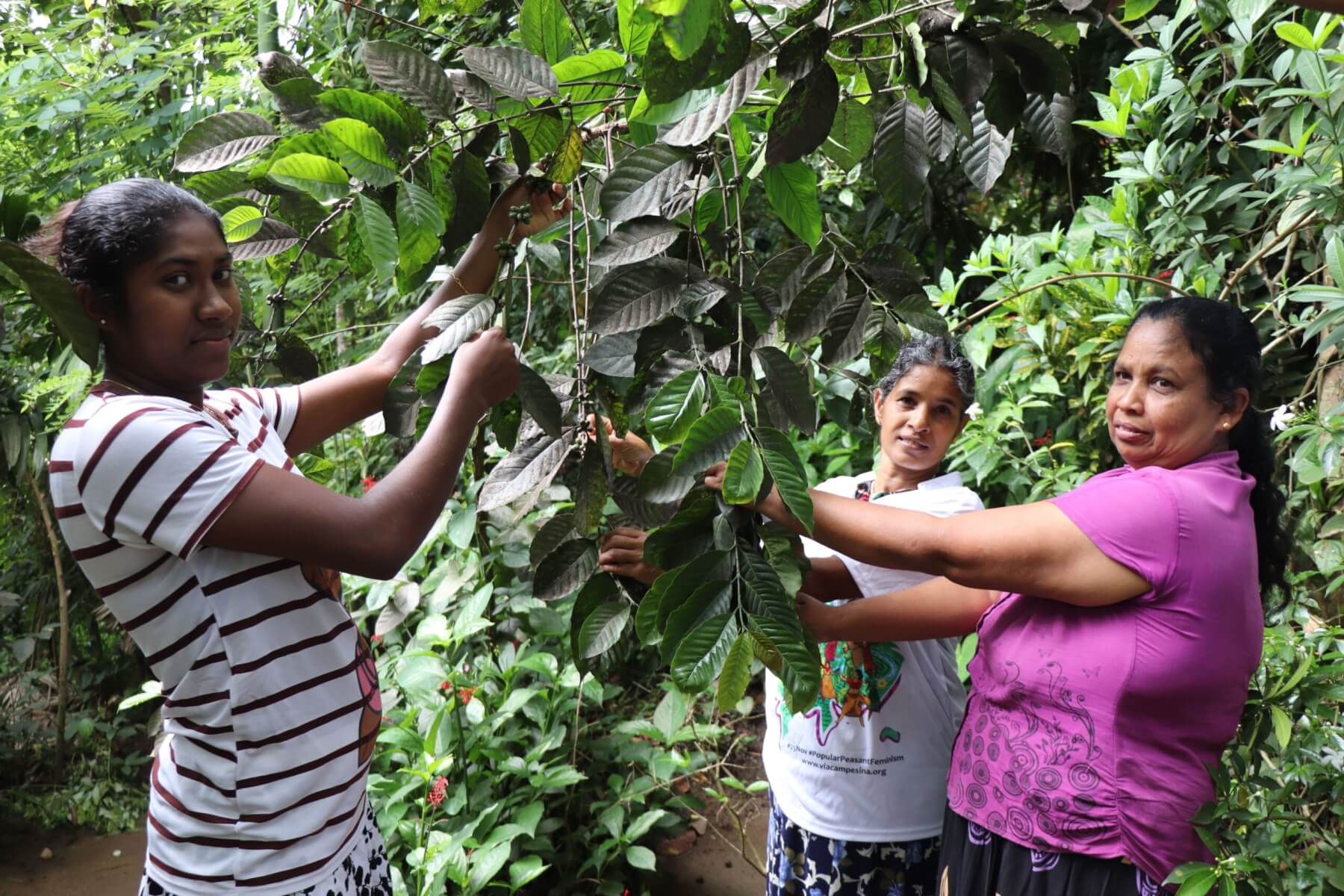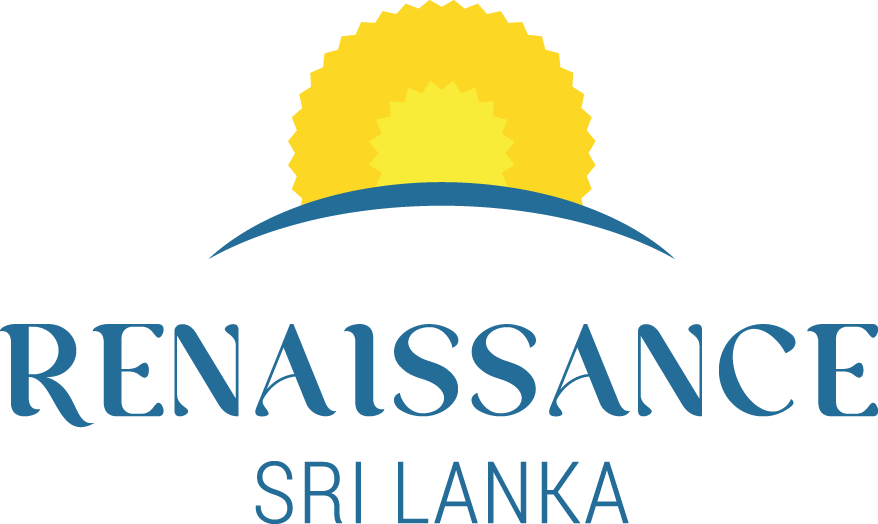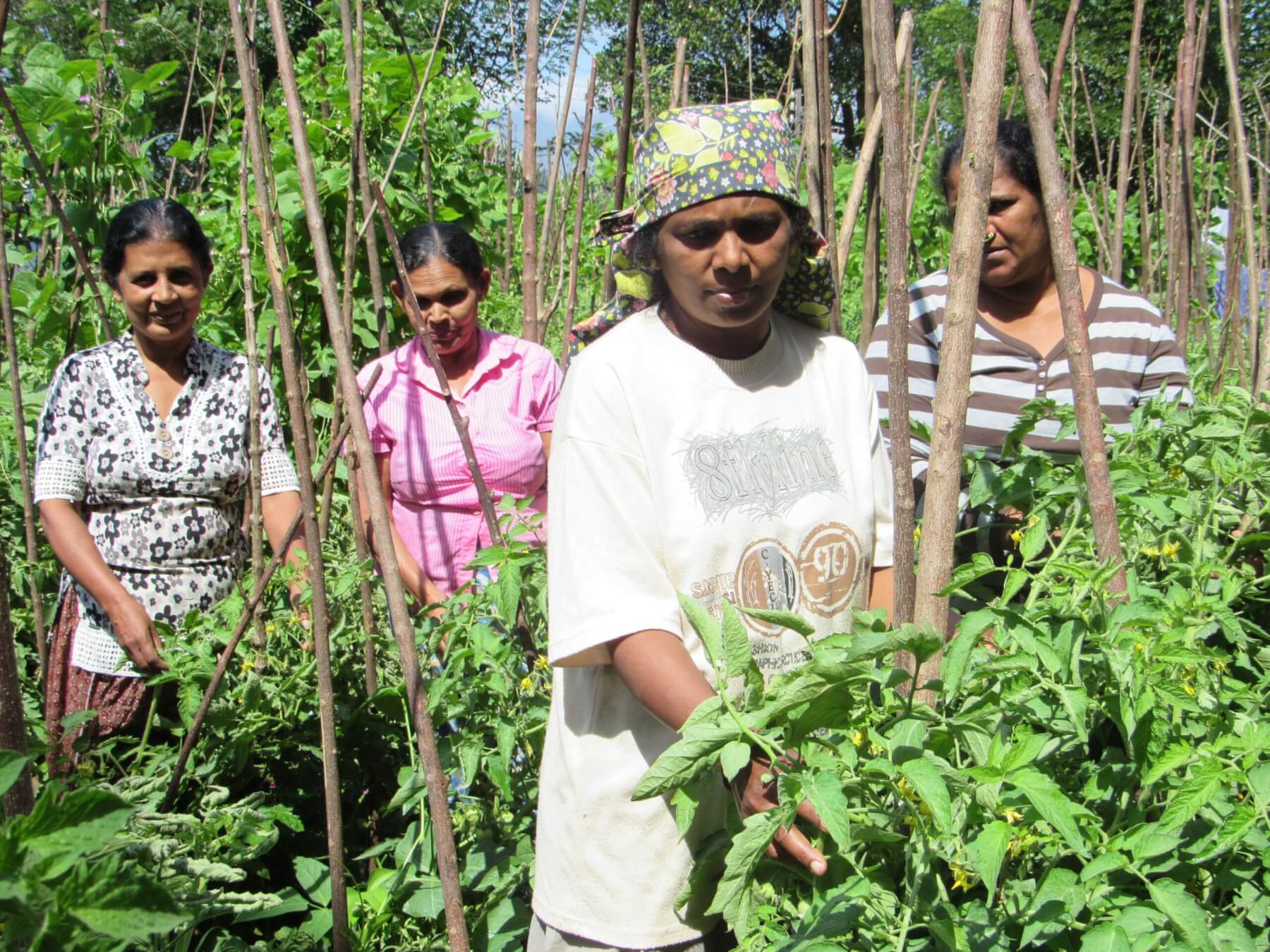What life is like for Samanthi* and her family in the context of the microfinance crisis
What life is like for Samanthi* and her family in the context of the microfinance crisis
With your heartfelt contribution, we can reverse the course of her life and the lives of all women who experience the same
Those of us familiar with Sri Lanka will be aware of the severe socio-economic crisis that has rocked the country during the past few years. The effects touched all but the impact on those at the lower end of the socio-economic scale was felt the most keenly.
Samanthi and her family in Tangelle were among those hardest hit. Hope loomed when she was offered the opportunity to relocate to Sapumalthenna, Welioya, a resettlement village. She was promised a cleared plot of land and she was looking forward to a fresh start.
However, she didn’t foresee the challenges facing her and her family. On arrival she was shown the plot of land but there were no public facilities such as water, electricity or transport. There was no living accommodation either. She was provided with couple of mats, some kitchen utensils and tin roof materials and asked to build a hut to live in. A less strong personality would have given up at this point. Many did but Samanthi determined to make a go of it.

Along with the few families that decided to stay she began to work the land and build accommodation. It was hard. The weather was inclement, illness struck and wild animals caused damage and posed a threat.
Very soon hunger was a severe problem and they had little or no income or money to survive and continue with their project. In desperation they turned for help to micro-finance companies whose representatives were only too willing to extend her and others financial assistance.
In the short-term this was helpful but income could not be generated quickly enough to keep up repayment of the capital and the high rates of interest rate. New loans were taken out to repay existing loans but very soon Samanthi found herself in a spiraling debt crisis.
The loan companies sued her and others demanding that the land and any constructed properties were seized to be sold off to repay the loans.
The stress took its toll on the resettled villagers with rates of suicide, sexual bribery and other abuses increasing.
At this point MONLAR, an NGO focused on land reform and helping farmers, stepped in. They initiated campaigns against the microfinance companies and with the legal support of several associated organisations began to win their court cases.
In partnership with Renaissance Sri Lanka, they began to retrain Samanthi and others in implementing sustainable Agroecology. Indigenous seeds were provided along with the most productive techniques to use.
Samanthi and her family now have hope for the future. A hope that would not be possible without the intervention and support of Renaissance Sri Lanka, MONLAR and others.

In turn Renaissance Sri Lanka, an independent non-profit organisation staffed almost completely by volunteers, would not be able to carry out this work without the help of donors. They would not be able to help Samanthi and her family and many others like her without continued support.
We leave the final word to Samanthi: ‘We were hoping for some relief to find a way out of the worst situation. At that time, Renaissance Sri Lanka and MONLAR helped us a lot by directing us towards agroecological farming in order to earn a good income. We were thus able to nourish our children’.
Life is not easy for anyone, but for those like Samanthi, it is so hard. We all can stand behind them by making a little donation to spill some happiness in their lives.
To make a monthly donation: www.renasl.org/donate
*The name has been changed.
Special note: The article has been based on a real story.
Author: Simon Dolph




